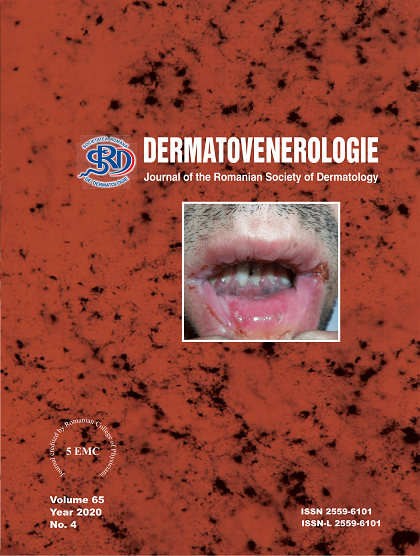Summary
Topical immunomodulatory therapy is of great interest in the treatment of both the inflammatory, but also autoimmune or tumoral dermatological diseases. Understanding the mechanisms of action of these molecules is essential in order to achieve an optimal treatment outcome of many dermatological diseases. This paper presents the main classes of topical immunomodulatory substances, both steroid and non-steroidal, underlying their mechanism of action, adverse reactions, approved and also off-label indications. Corticosteroids have revolutionized topical therapy with an important anti-inflammatory and immunosuppressive role, but with significant side effects in long-term use. This is why there has been a need for substances with similar therapeutic results but without the disadvantage of these side effects. The non-steroidal topical immunomodulatory molecules presented in this article are calcineurin inhibitors, imiquimod, sinecatechins, interferon and diphenciprone.


